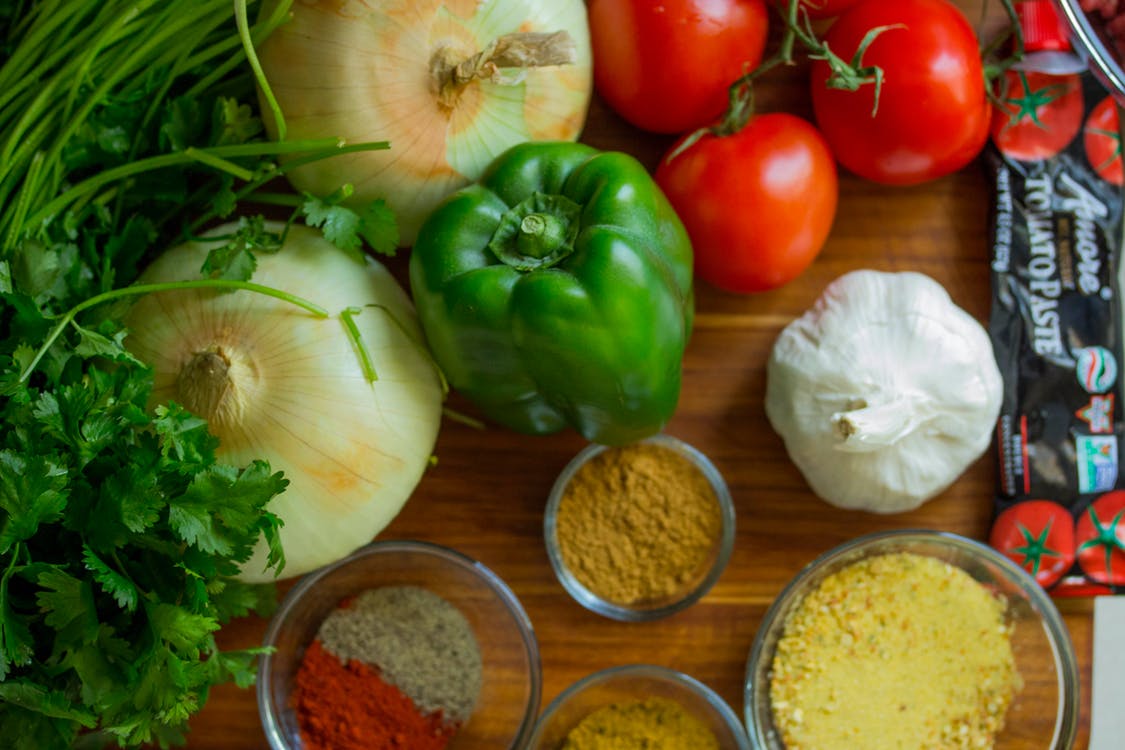When it comes to healthy habits, we know it’s important to get a lot of exercise, eat plenty of fresh produce, and get outdoors. Another habit many of us try to adopt is to stay away from foods containing genetically modified organisms (GMOs), but we’re often not sure why.
The alleged safety of GMO foods has long been controversial, with some saying they’re safe and others warning to stay away. But the fact that the controversy exists is alarming—if we can’t definitively prove them to be safe, why are we testing them out on ourselves? If you’re committed to a healthy lifestyle, avoiding GMOs should definitely be a priority. Here are some of the main issues with genetically modified (GM) foods:
Allergies
The prevalence of certain genetically modified crops in our food supply may be contributing to the increased incidence of food allergies in the population. For example, GM soy contains a new type of protein that previously did not occur in the crop. As soy allergies have increased in tandem with the growing use of GMOs, it’s likely that the allergies stem from the new breeds.
Another problem with GMO foods is that we don’t always know what other foods factored into their creation. For instance, if rice is modified with portions of a wheat gene, a person with wheat allergies could also have an allergic reaction to the GMO rice. This is especially dangerous because genetically modified foods are more likely to spontaneously transfer genetic material from one species’ DNA to another, even if this crossbreeding was never attempted in a lab. This makes it harder to avoid known food allergens, since they could be lurking in another food without your knowledge.
The risk of allergic reactions from GMO foods is especially high for members of vulnerable populations like the working poor, elderly, and homeless. With the lack of access to basic medical services, let alone allergy testing, combined with a lack of choice in the food they eat, these are the people most likely to be exposed to GMO-related allergens and least likely to be able to get treatment.
The Unknown
One of the biggest problems with GMO foods is that we simply don’t know what their effects will be over time. The subtle, cumulative effects of the foods we eat make them difficult to study. If a person rarely eats vegetables but eats a serving of kale one day, that one serving of greens won’t do much to change the person’s health. On the other hand, if the same person eats kale every day for several years, they will probably experience the preventive health benefits associated with leafy greens.
The same principle applies to GMO foods. If you eat GMO corn one day, you probably won’t notice any changes. But what if this corn is a staple of your diet, eaten every day? Unfortunately, we just don’t know what the long-term effects of these foods might be. Do we really want to be the guinea pigs for this experiment?
Corporate Interests
A big reason we don’t have scientific data on these crops is that there is inadequate interest in studying them. The corporate entities who develop GMO plants have little incentive to fund studies that could have the potential to undermine their products. Likewise, since many of these corporations employ powerful lobbyists who can use this power to sway politicians, this lack of incentive extends to governing bodies like the Food and Drug Administration.
This dynamic also makes it hard to trust the data we do have, since GMO-producing companies are only motivated to conduct and release research confirming the safety of their crops. Not having enough reliable evidence of GMOs’ safety is reason enough to choose foods whose safety we can trust, such as organics and other foods voluntarily labeled non-GMO.
Staying Safe
While the federal government is making moves to require labeling of GM foods, we’re not quite there yet. In the meantime, you can look for companies that do choose to pledge their opposition to GMOs. In addition, all foods that carry the USDA organic label are also required to be GMO-free, so by buying organic you can ensure that you’re eating foods that are safer for you and the environment.
It’s not easy to navigate the modern food landscape with a view toward health and safety. But by avoiding GMOs, choosing organic, and filling your cart with real food, you can take effective steps to stay healthy and strong.


